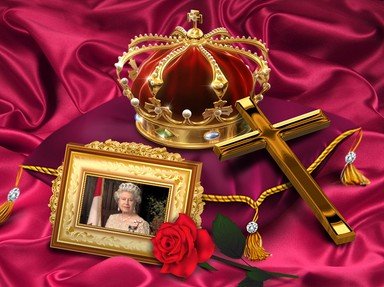
The Years Gone By Trivia Quiz
How much do you know about royal chronology? Sure, everyone knows that Henry VIII was the King of England, but do you know when? Let's find out what you know.
A multiple-choice quiz
by queenlibre.
Estimated time: 4 mins.